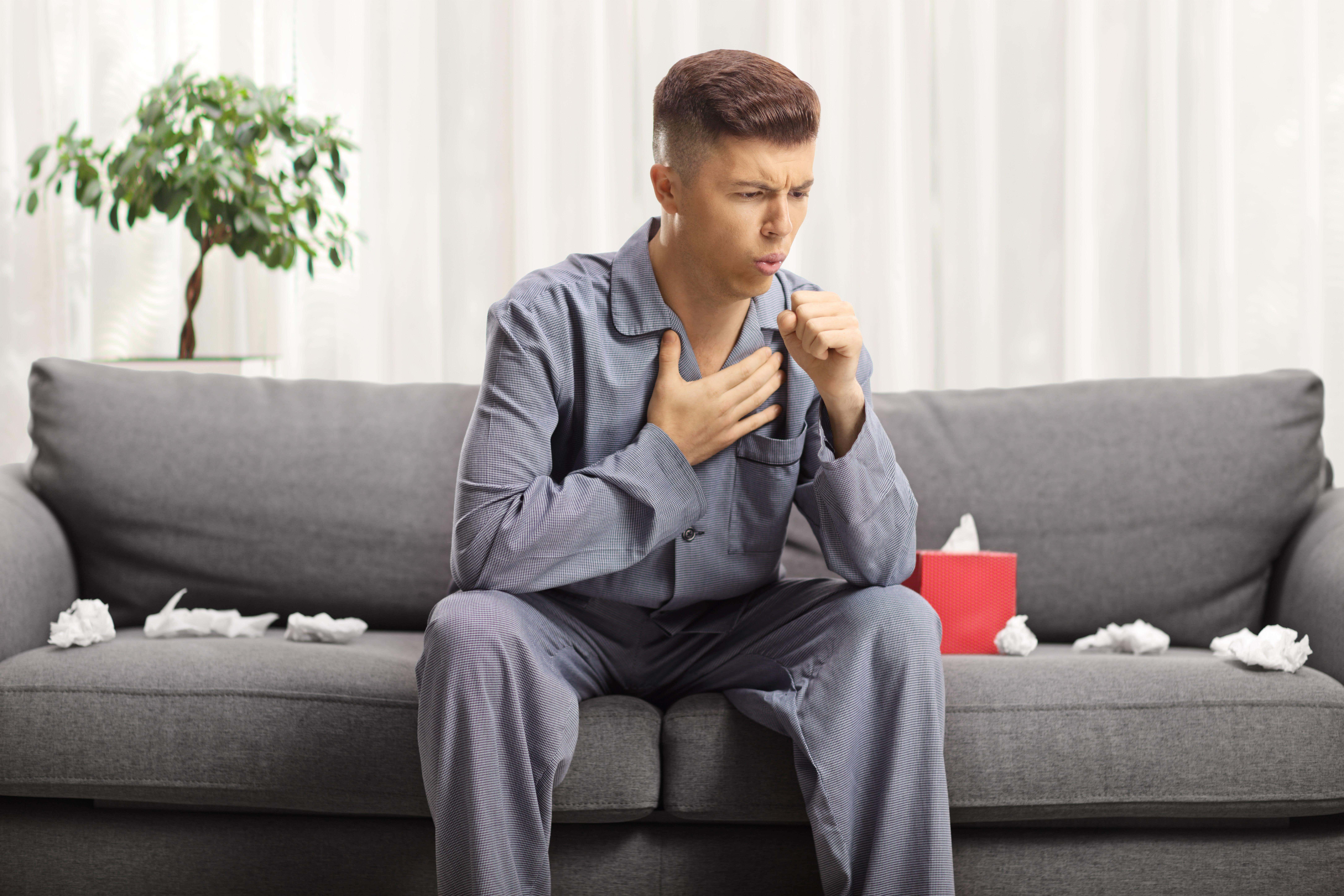The Independent's journalism is supported by our readers. When you purchase through links on our site, we may earn commission.
How to avoid germs as autumn comes
The experts share their tips on how to stay clear from the back-to-school coughs and colds.

Your support helps us to tell the story
From reproductive rights to climate change to Big Tech, The Independent is on the ground when the story is developing. Whether it's investigating the financials of Elon Musk's pro-Trump PAC or producing our latest documentary, 'The A Word', which shines a light on the American women fighting for reproductive rights, we know how important it is to parse out the facts from the messaging.
At such a critical moment in US history, we need reporters on the ground. Your donation allows us to keep sending journalists to speak to both sides of the story.
The Independent is trusted by Americans across the entire political spectrum. And unlike many other quality news outlets, we choose not to lock Americans out of our reporting and analysis with paywalls. We believe quality journalism should be available to everyone, paid for by those who can afford it.
Your support makes all the difference.Enjoying the outdoors during the summer holidays can help us feel refreshed and strong, but as soon as September comes around our health often quickly plummets.
Nasty coughs and colds often accompany the start of autumn and can be really debilitating.
But what are the reasons behind this annual surge in illnesses, and what can do to protect ourselves from germs?
Why do lots of people get ill this time of year?
“During this time of year, many individuals return to close-contact environments such as schools, universities and workplaces after summer holidays. This increased interaction with new people, combined with the onset of cooler weather, contributes to higher infection rates,” says Dr Vikram Murthy, NHS and private GP and co-founder of Harley Street clinic Murthy Health.
But why are we more likely to feel ill when the weather gets cooler?
“The cooler months are characterised by drier air, which can weaken the body’s natural defense mechanisms in the nasal passages,” explains Murthy. “Additionally, the cold weather creates a more favourable environment for bacteria and viruses to thrive, increasing the likelihood of infections. This combination of factors leads to a higher prevalence of coughs and colds during the winter months.”
How do these illnesses spread?
Coughs, colds and flu are caused by a variety of viruses and bacteria and spread through respiratory droplets or by contact with contaminated surfaces.
“You can catch the flu by touching a door handle, tea towel or a handrail that’s been contaminated,” says Dr Roger Henderson, GP and Olbas expert. “Once your fingers have been contaminated by the virus and you rub your eyes or nose, you pass the virus to areas that are better entrance points. You can also become ill by breathing in droplets containing the illness.”
The common flu typically presents with symptoms such as a cough, cold, fever, runny nose, joint aches, headache and general body pains.
“These symptoms can range from mild to severe and often impact overall wellbeing,” adds Murthy.
What can we do to avoid these germs?
Wash your hands regularly
To reduce the risk of infection, it is important to practice good hand hygiene.
“Hands should be washed for at least 40 seconds, which is approximately the time it takes to sing Happy Birthday twice,” advises Murthy. “This duration ensures that all surfaces of the hands are cleaned effectively.”
Stay hydrated
Drinking lots of water will help your body stay healthy.
“To prevent germs, stay well-hydrated. It helps maintain mucosal surfaces [the membranes that line the body’s airways, lungs, reproductive, and gastrointestinal tracts],” advises Dr Johannes Uys, doctor at Broadgate GP.
Try Vitamin D supplements
“Taking Vitamin D regularly not only helps keep your bones in good health, but can also help boost your immune system,” says Henderson. “Try taking a daily supplement along with Vitamin C and Zinc.”
Cover your mouth
“Cover your mouth and nose with a tissue or elbow when coughing or sneezing,” says Murthy.
Fuel your body with nutritious food
“Eat a diet rich in fresh fruit and vegetables and aim to keep your alcohol intake within recommended levels,” suggests Henderson.
Avoid touching your face
“The eyes, nose and mouth as these are key entry points for viruses,” explains Dr Ashwin Sharma at online pharmacy MedExpress. “If your hands have come in contact with a virus, touching your face can transfer this directly into your body, where it can infect your respiratory tract and cause illness.”
Keep your house clean
“I would recommend regularly disinfecting surfaces and frequently changing tea towels at home,” says Uys. “It is also good to increase ventilation by opening windows.”
Exercise regularly
“Try to exercise every day,” says Henderson. “This can be as simple as a long walk in the fresh air.”
Avoid sick individuals
“While sometimes unavoidable, if you can stay away from someone you know is sick, this will of course limit your exposure to getting ill,” advises Sharma.
What should we do if we develop symptoms?
Over-the-counter treatments such as paracetamol and ibuprofen can help manage symptoms.
“Get rid of a stuffy nose by using decongestant oils, a sore throat can be dispelled by using menthol lozenges, and headaches can be spared by using paracetamol or ibuprofen,” recommends Henderson. “If you have a blocked nose, try using a decongestant to help ease these symptoms.”
However, if the symptoms don’t get better after 10 days, get in touch with your GP.